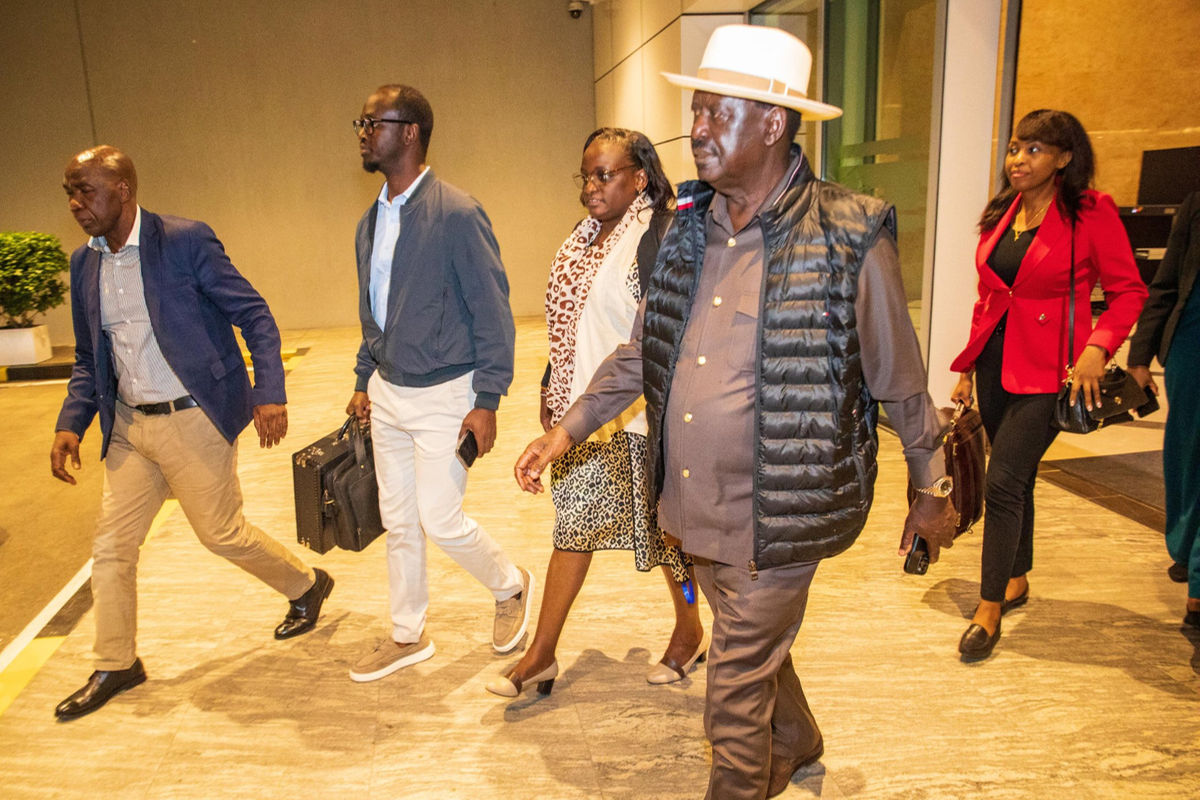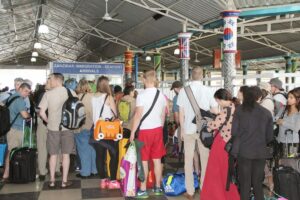
In 2014, when then-President Uhuru Kenyatta of Kenya and his deputy William Ruto went to The Hague for their International Criminal Court (ICC) trial, as many as 100 politicians on one occasion escorted them in a show of support.
Dozens more Kenyans came from all over the world and descended on The Hague to stage sometimes rowdy shows of solidarity.
When Mansa Musa, the ruler of the Mali Empire, reputed to be the wealthiest man ever (richer than Elon Musk today), embarked on his famous pilgrimage (Hajj) to Mecca in 1324, he broke all sorts of records.
Historical accounts note him travelling with at least 60,000 men, including soldiers, servants, about 12,000 slaves (carrying gold and gifts), and other members of his court.
To this day, when one becomes the first member of a rural Muslim community to make the Hajj, his or her whole village and mosque will escort them to the airport.
The first member of a family to travel abroad to study for a Master’s degree or certificate in nursing can still expect her whole family and part of the clan to show up to see them off – and in the generosity of their souls, bring along tea, maize flour, dried meat, and even live chickens for them to carry with them.
Anthropologists and cultural scholars have wrestled with why we do this.
Some say travelling to far places tends to carry greater novelty in poorer and generally “economically backward” societies.
I find the more persuasive argument to be that in the past, most people who travelled far away rarely returned.
In those days, they went to war or were migrating, and they hardly returned because they were killed (and there was no means to preserve bodies and fly them back), or they settled in new places, as happened with the Luo migration along the Nile.
Even presently, if one left Wadi Halfa at the Egypt-Sudan border at the age of 12, and ended up in Kisumu at the age of 35 having walked for 23 years, they are not trekking back. They will find a nice local girl to marry and settle down.
These were worldwide cultures, as witnessed during World War II in Europe and North America when families went to see their sons, brothers, and husbands get on trains and go off to fight Adolf Hitler’s German army.
Some African societies went further and buried citizens with their dead kings.
There are accounts from as late as the 1800s of Zulu kings being buried with their servants or wives.
This was seen as a way to ensure that the king would have company in the afterlife.
Some Yoruba communities in Nigeria practised “abobaku” (one who must die with the king), where subjects were expected to follow the king into the afterlife.
In the ancient Benin Kingdom, it was customary for some servants or wives to be buried with the Oba (king) to serve him in the afterlife.
In Ghana, there were traditions where, upon the death of an Ashanti king, some of his attendants or wives were buried with him.
Among the Kuba people of the present-day Democratic Republic of Congo, the tradition was for kings to be buried with various items and sometimes with human sacrifices to accompany them into life beyond.
Happily, these practices are no longer observed today, but they remain in spirit, much like the body part called the “coccyx,” which was once a tail in our evolutionary ancestors and serves no function today.
In African politics, escorting or receiving the big man serves a new strategic purpose.
If you are the one whose hand the president shakes last when he is catching a flight out, and the one he sees first upon his return, it could do wonders for your political career.
When he appoints his cabinet, he might remember you. If you are a cabinet minister and he is doing a reshuffle, he is likely to spare you.
If Raila Odinga gets the AU Commission gig, whose children or relatives is he likely to give a job if something opens up in Addis Ababa?
The ones of the guys who showed up to cheerlead for him when he was biting his nails as the vote was being counted, of course.













